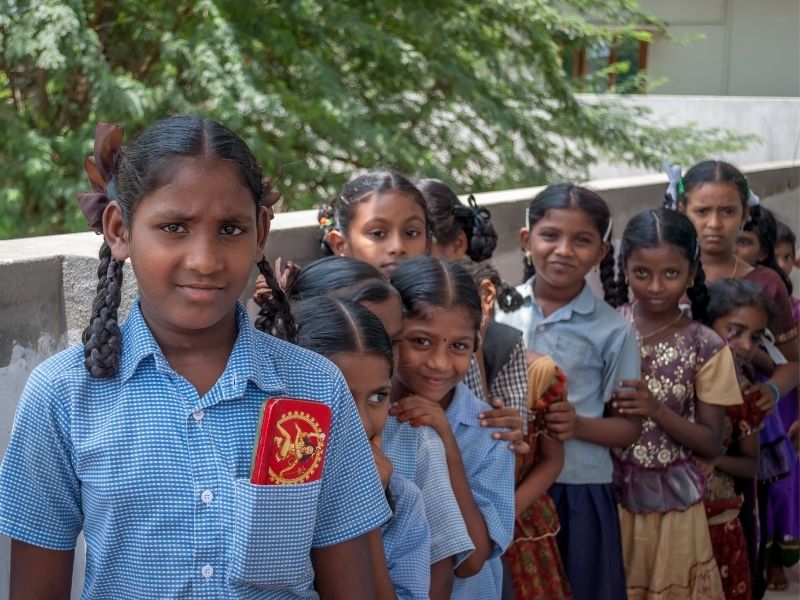Reshma Ravishanker
The Karnataka Child Protection Directorate has in a circular asked the government and private entities to refrain from celebrating birthdays and other family occasions at Child Care Institutions (homes for the underprivileged children under the Integrated Child Protection Scheme) in the state, citing that it has had a negative bearing on children residing in these centres.
The circular states that it has been brought to the notice of the directorate that staff of these Child Care Institutes, government officials, politicians, private individuals and celebrities have been celebrating their birthdays on a large scale by cutting a cake on the premises, which is giving rise to several repercussions and has a negative impact on the minds of the underprivileged children.
“These are children who are either rescued from child labour, have lost one or both parents, could have been victims of assault and harassment in the past or abandoned by their parents after birth. These are also children in whom we must ensure wellbeing as they might have been deprived of the right kind of motivation.
“With celebrities, prominent personalities or any government officials celebrating either their or their children’s birthday with great fervor by cutting cakes and distributing sweets and meals at these places leads to a tendency among the children residing here to draw comparisons between the manner in which their birthdays are celebrated. This puts the children at a high risk of a sense of deprivation and psychological distress,” said Pallavi, director, ICPS in the statement.
The directorate has hence directed that no birthday celebrations besides those of the children residing there or those birth anniversaries observed by the government will be permitted in the premises of the Child Care Institutions.
Welcoming the circular, Nagasimha G Rao, a child rights activist from Child Rights Trust said, “This was indeed a necessary order. If private entities go and celebrate their birthdays, there is a violation of child rights and privileges in many ways. The children residing here are bound to compare themselves to the visitors and develop a sense of helplessness or inferiority. This affects their mental well-being. It does not end here, children are fed the food that the distributor pleases and not what they wish to eat or deserve. Photos of the event are clicked and mindlessly uploaded on social media leaving children in these institutions exposed to unnecessary elements. Their privacy is violated. Visitors also tend to bring worn out and discarded second-hand clothes and it over to the children on such occasions which is inappropriate, ” he said.
Nagasimha suggested that should the families be interested to help such institutions, a contribution in the form of monetary support could be made to the management while the donor must ensure to get a receipt for the same. “Donors must ensure that while making such donations, the institution is recognised under the Juvenile Justice Act and is authorised to function legally. There is no bigger service than this,” he added.
Also read:




























